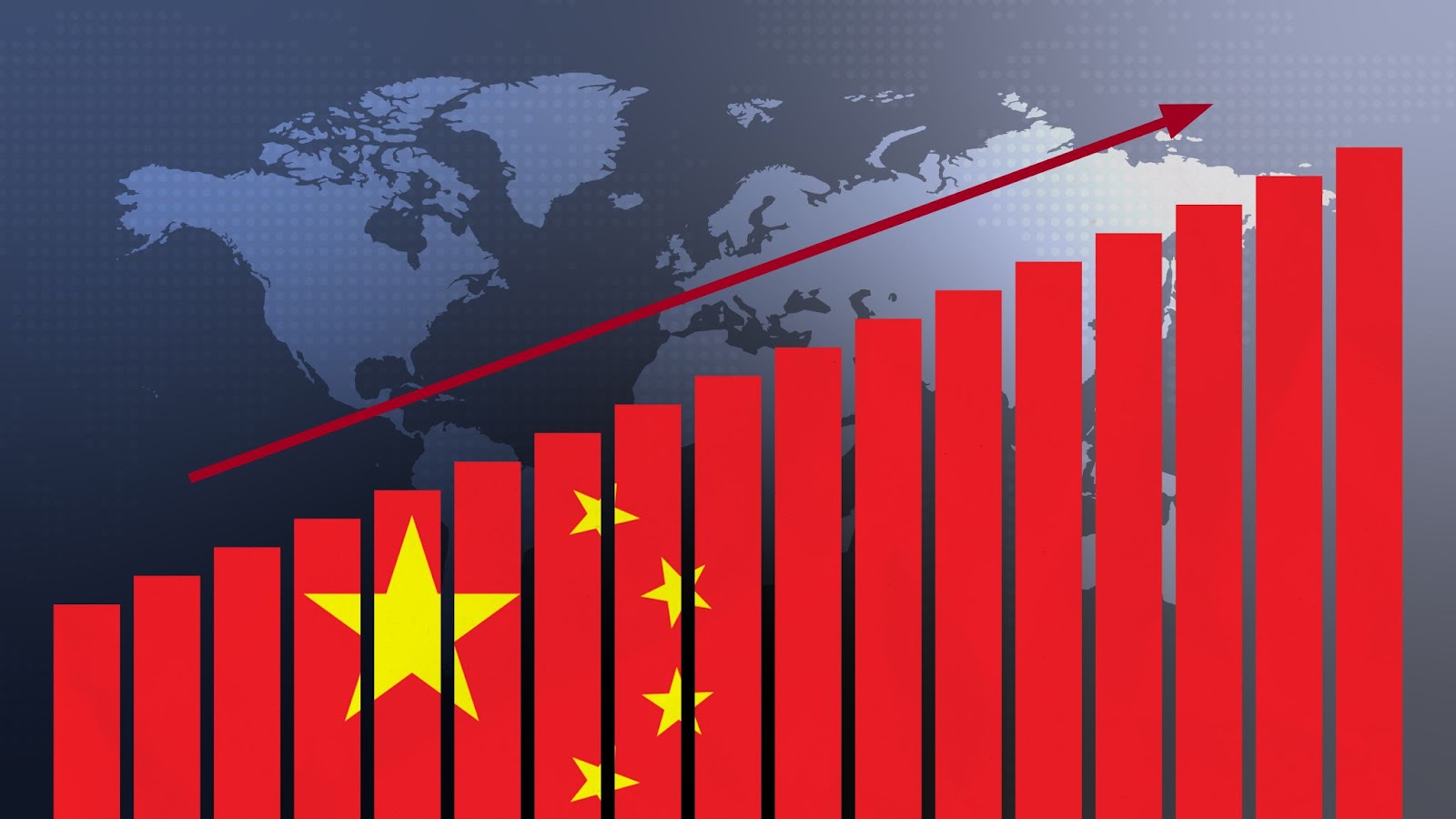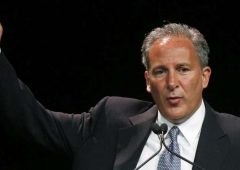China’s Economic Challenges Intensify: Can Policy Changes Revive Growth?
23.10.2024 18:00 1 min. read Alexander Stefanov
China's recent economic policies are unlikely to significantly boost its struggling economy, according to Haibin Zhu, chief China economist at JPMorgan Chase.
He argues that these measures focus on short-term risk mitigation rather than fostering substantial growth. Despite recent rate cuts and initiatives, skepticism persists about the government’s willingness to implement more extensive fiscal measures.
China’s ambitious 5% growth target for 2024 appears increasingly unattainable amid weak consumer spending, uncertain exports, and a shaky property market. Initial optimism following late September’s stimulus measures has faded, revealing they fell short of investor expectations.
Signs of deflation and concerns of prolonged stagnation, reminiscent of Japan’s past, are emerging, with many global banks predicting China will miss its growth target.
The service sector, which accounted for 48% of jobs last year, is often overlooked as the government focuses on enhancing manufacturing. Consumer confidence has plummeted to an 18-month low, and while exports are at a nearly two-year high, resistance to cheap Chinese goods from various countries complicates the recovery.
With domestic confidence shaken and bank loans contracting, it’s imperative for Beijing to deliver concrete results to avoid further disappointment.
-
1
U.S. PCE Inflation Rises for First Time Since February, Fed Rate Cut Likely Delayed
27.06.2025 18:00 1 min. read -
2
Key U.S. Economic Events to Watch Next Week
06.07.2025 19:00 2 min. read -
3
Gold Beats U.S. Stock Market Over 25 Years, Even With Dividends Included
13.07.2025 15:00 1 min. read -
4
U.S. Announces Sweeping New Tariffs on 30+ Countries
12.07.2025 16:30 2 min. read -
5
US Inflation Heats Up in June, Fueling Uncertainty Around Fed Cuts
15.07.2025 16:15 2 min. read
US Inflation Heats Up in June, Fueling Uncertainty Around Fed Cuts
U.S. inflation accelerated in June, dealing a potential setback to expectations of imminent Federal Reserve rate cuts.
Gold Beats U.S. Stock Market Over 25 Years, Even With Dividends Included
In a surprising long-term performance shift, gold has officially outpaced the U.S. stock market over the past 25 years—dividends included.
U.S. Announces Sweeping New Tariffs on 30+ Countries
The United States has rolled out a broad set of new import tariffs this week, targeting over 30 countries and economic blocs in a sharp escalation of its trade protection measures, according to list from WatcherGuru.
Key U.S. Economic Events to Watch Next Week
After a week of record-setting gains in U.S. markets, investors are shifting focus to a quieter yet crucial stretch of macroeconomic developments.
-
1
U.S. PCE Inflation Rises for First Time Since February, Fed Rate Cut Likely Delayed
27.06.2025 18:00 1 min. read -
2
Key U.S. Economic Events to Watch Next Week
06.07.2025 19:00 2 min. read -
3
Gold Beats U.S. Stock Market Over 25 Years, Even With Dividends Included
13.07.2025 15:00 1 min. read -
4
U.S. Announces Sweeping New Tariffs on 30+ Countries
12.07.2025 16:30 2 min. read -
5
US Inflation Heats Up in June, Fueling Uncertainty Around Fed Cuts
15.07.2025 16:15 2 min. read


